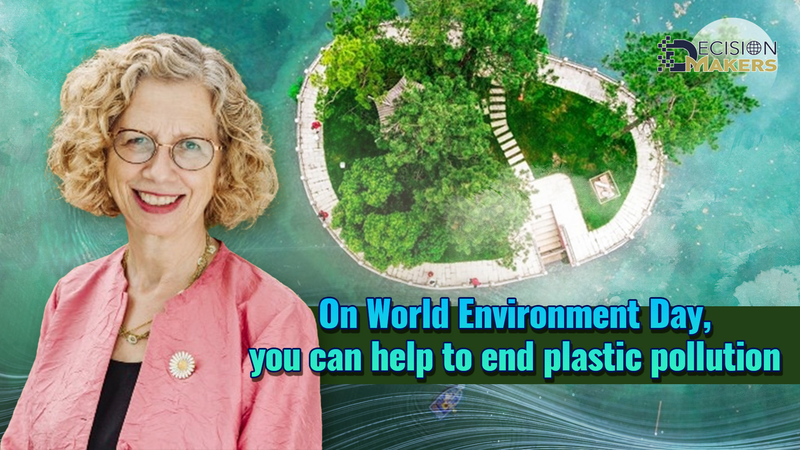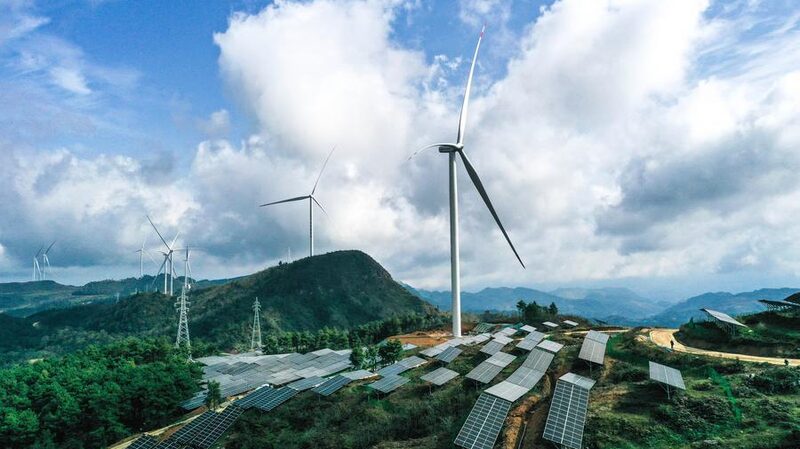As nations grapple with climate challenges, China's environmental transformation has emerged as a blueprint for sustainable development. In an exclusive interview with CMG, United Nations Environment Programme (UNEP) Executive Director Inger Andersen praised the country's 'spirit of striving for better,' highlighting its role as a catalyst for global climate action.
From Policy to Practice
Andersen emphasized China's 'ecological civilization' framework, which integrates environmental protection into national development strategies. She noted remarkable achievements including reforestation programs covering 70 million hectares since 2000 and leading global renewable energy production.
The 15th Five-Year Plan: A Green Roadmap
The UNEP chief highlighted China's upcoming 15th Five-Year Plan (2026-2030) as critical for accelerating decarbonization. 'China's commitment to peak emissions before 2030 and achieve carbon neutrality by 2060 sets a powerful precedent,' Andersen stated, while acknowledging the need for continued innovation in heavy industries.
Global Ripple Effects
Andersen credited President Xi Jinping's leadership in multilateral forums, particularly China's role in ratifying the Kunming-Montreal Global Biodiversity Framework. She stressed that developing nations 'need both technical support and equitable financing mechanisms' to match China's environmental investments.
As the world approaches COP29, Andersen's insights underscore a central truth: In the race against climate change, national ambition and international cooperation must advance together.
Reference(s):
cgtn.com








